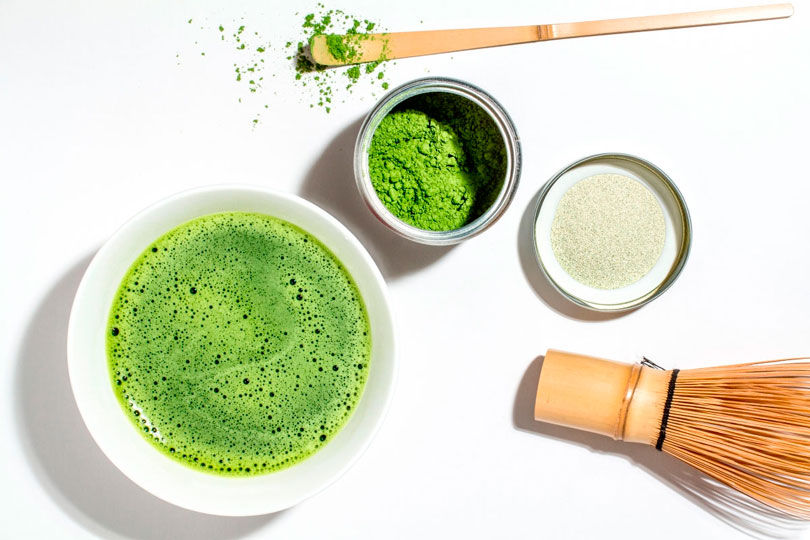BENEFITS OF MATCHA TEA. IS IT BETTER THAN OTHER TEAS?
- Guillermo
- Jul 30, 2021
- 1 min read
Updated: Aug 2, 2021
Matcha tea consumption has skyrocketed when compared to other green teas. Its nutritional benefits seem to be far above the already extraordinary qualities of other teas. However, is matcha tea really better? And if so, why?

That matcha contains 137 times more epigallocatechin gallate than traditional green tea, which multiplies its antioxidant power by that number.
Its positive effects are not only due to its epigallocatechin content, since its contribution in other substances such as L-theanine or fiber add many other health benefits.
Numerous laboratory and university studies have proven the benefits of Matcha Tea:
o Strengthens the immune system
o Helps burn fat naturally
o Helps to eliminate liquids
o Lowers cholesterol
o Increases physical endurance
o Decreases stress
o Combats constipation
o Helps eliminate free radicals
There are some contraindications that should be taken into account when having a cup of matcha tea. Now, all of them are related to their caffeine content. And, although the presence of this substance in tea is lower than coffee (30 mg per cup compared to 70 mg in coffee), its consumption, either in coffe or tea, is not convenient in the following cases:
o If you suffer from any type of heart disease, kidney disease or a stomach ulcer.
o If you are following any treatment to control blood pressure, since caffeine can interfere with the effects of the medicine.
o In addition, caffeine reduces the absorption of iron present in food. The consumption of tea, in fact, is recommended for people with excess iron in the body (hemochromatosis), so if you suffer from anemia, consult your doctor before taking matcha.









Comments